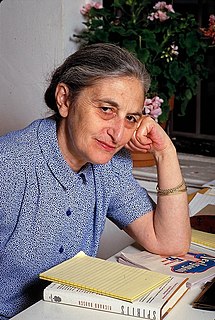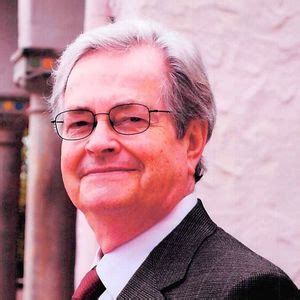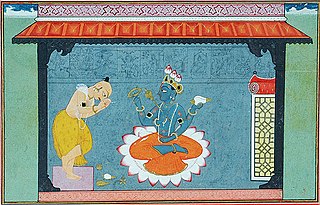A Quote by David Duchovny
As I've gotten older I've become a devotee of 19th-century authors, such as Charles Dickens and George Eliot.
Related Quotes
I think poets are supposed to be writing for television and film. I grew up in the day of early TV that was so raw and funny, and I think we're in the next important moment of television, where it's really telling the epic of the culture like Charles Dickens was doing in the 19th century with his serialized novels.





































